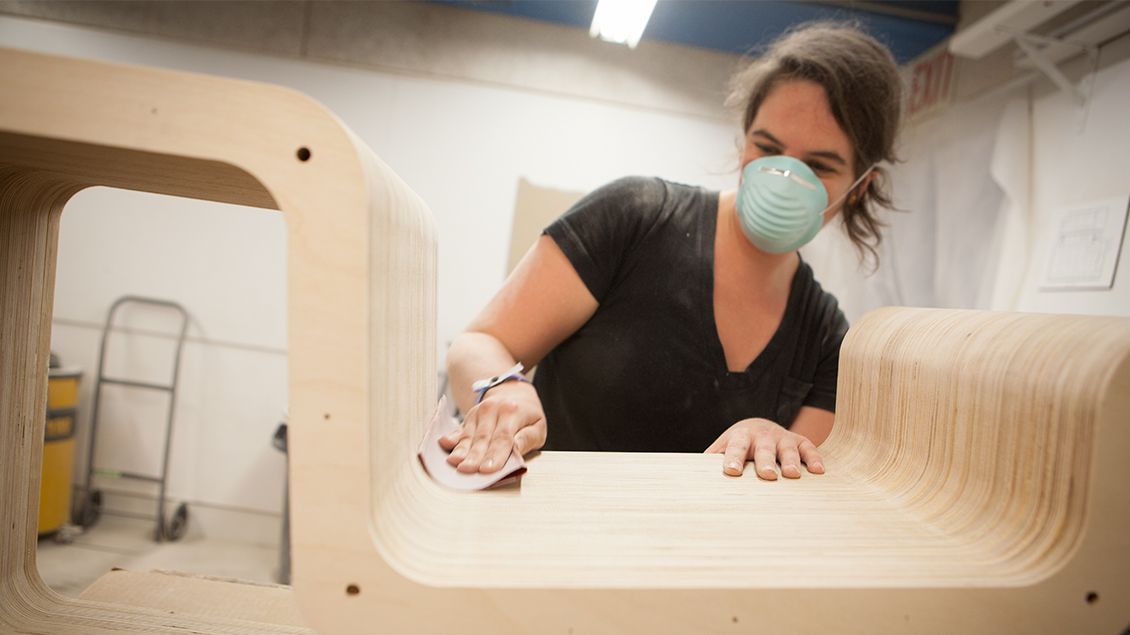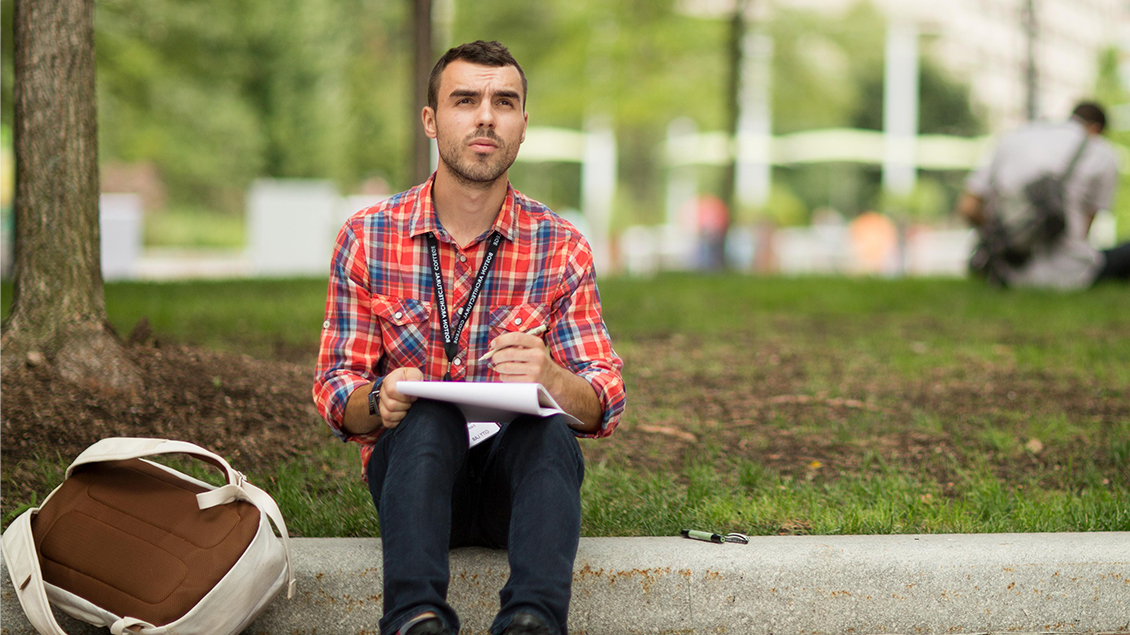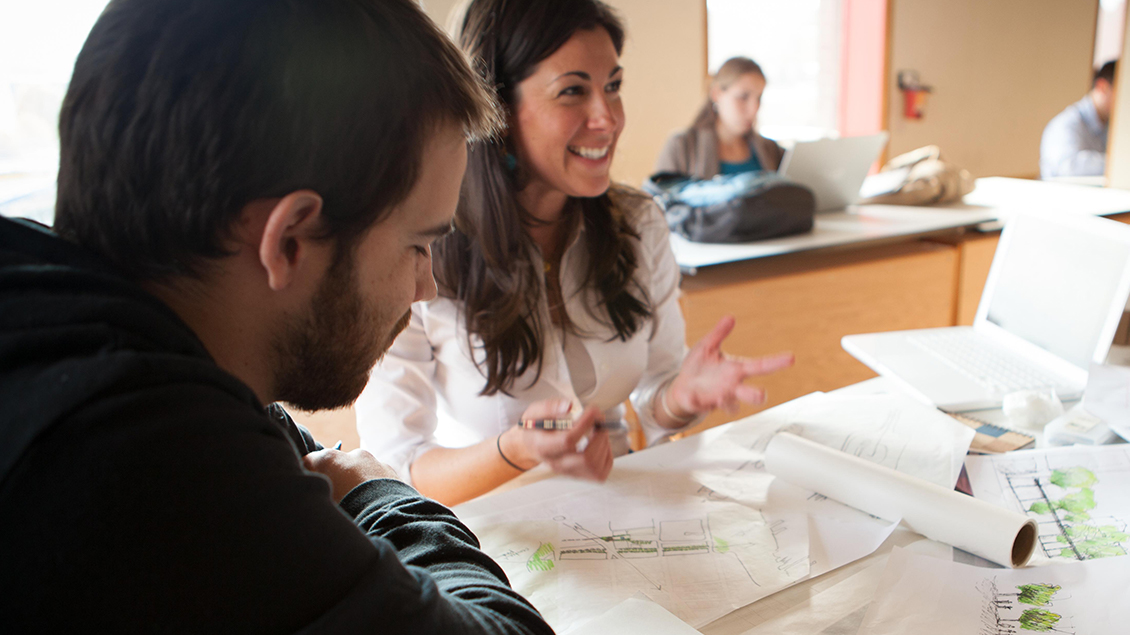Building on the twin foci of communication and collaboration, Community Practice serves as an introduction to professional design practice at the BAC. During this course, students begin to contextualize not only the place of their learning, but also the complex challenges and opportunities presented to designers in the continual making and remaking of a design intervention.
- Applied learning through group-based design projects, lectures, interdisciplinary engagement, and interaction with project stakeholders outside a classroom setting.
- Communication, collaboration, and critical thinking skills are developed and strengthened to help students practice design professionally
- Final group projects serve as a catalyst for exploring design lessons and concepts learned throughout the semester.
Once you have successfully completed the Community Practice course, you may choose to apply your skills to a Gateway Project, gaining professional design experience showcased through portfolio documentation while providing services to non-profit, municipal, and community partner organizations.





